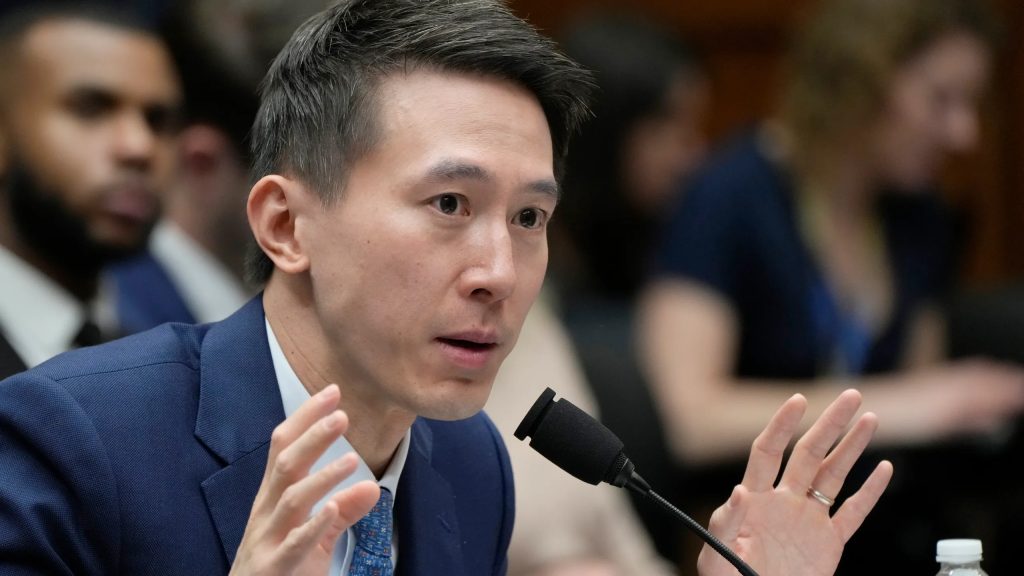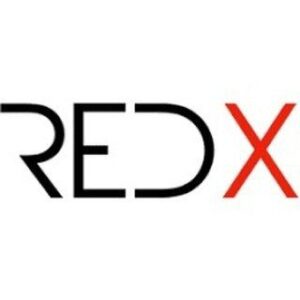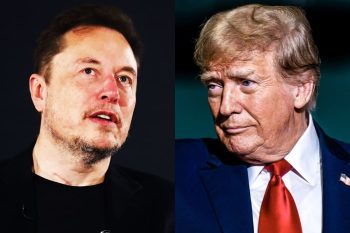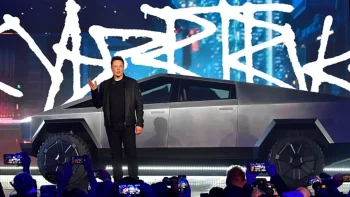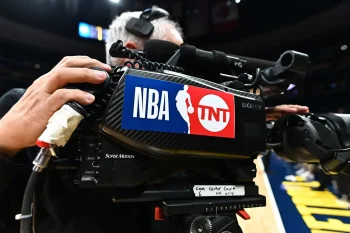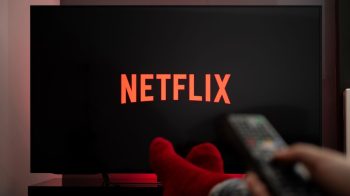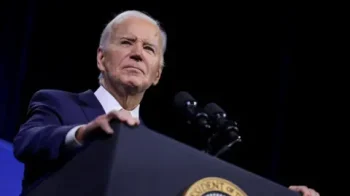Leaders from a bipartisan congressional panel, focusing on issues related to China, have raised concerns about TikTok’s lobbying practices, particularly regarding its adherence to child privacy laws. The House Select Committee on the Chinese Communist Party, chaired by Republican John Moolenaar of Michigan and top Democrat Raja Krishnamoorthi of Illinois, has officially requested the Federal Trade Commission (FTC) to launch an investigation. They are querying whether TikTok sent misleading pop-up messages to children as part of their efforts to counter U.S. legislative actions that could potentially ban the app.
The duo’s inquiry specifically targets the possibility of TikTok violating the Children’s Online Privacy Protection Act, a law designed to give parents control over what information websites and applications can collect from their children. This act was brought into focus given the nature of the pop-ups, which allegedly solicited personal information from users, including children, to rally opposition against the legislation.
TikTok’s Response and Legislative Background
TikTok has responded to these allegations by asserting that the pop-up notifications were only sent to users aged 18 and older. The company also emphasized that these notifications included options for users to dismiss them easily. Despite these assurances, the controversy remains, particularly due to the app’s previous encounters with child privacy concerns.
The legislative context of this inquiry is tied to a bill that moved rapidly through Congress as part of a national security supplemental package, eventually signed into law by President Joe Biden. This law requires TikTok’s Chinese-based owner, ByteDance, to divest from TikTok or face a potential nationwide ban, with the president retaining the authority to extend this period by an additional 90 days. Amidst this legislative push, TikTok has declared its intention to pursue legal avenues that could delay the implementation of any ban.
FTC’s Role and Potential Violations
The FTC is being asked to examine whether TikTok’s actions could constitute violations of Section 5 of the FTC Act, which prohibits “unfair or deceptive acts” in commerce. This aspect of the inquiry will focus on whether the language used in the pop-ups could have misled users about the legislative measures and their implications for the app. The lawmakers have highlighted that these actions, if proven true, could be seen as manipulative tactics, particularly if they targeted children, a group especially protected under privacy laws.
The concern extends to how TikTok handles the data of users who might be under the age of 13. Although the law does not hold companies accountable if users falsify their age, the frequency of such occurrences and TikTok’s measures to counter them are under scrutiny. TikTok’s transparency reports, which detail the number of accounts removed for suspected underage usage, are part of this ongoing dialogue on compliance and enforcement.


